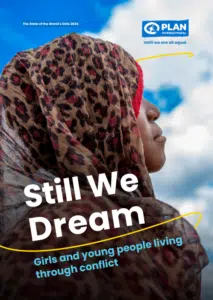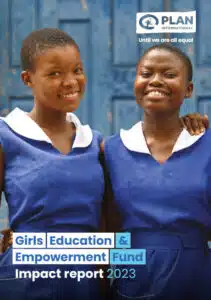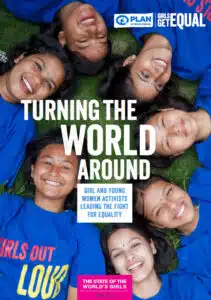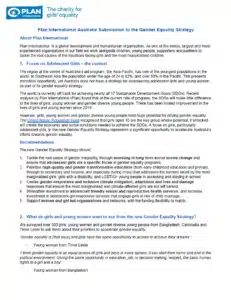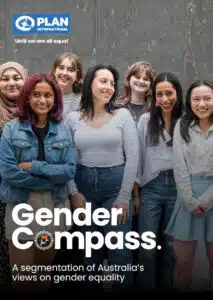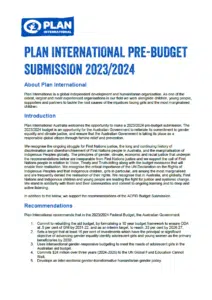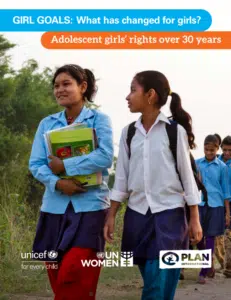
Gender Equality - 7 March 2025
Girl Goals: What has changed for girls?
A new report Girl Goals: What has changed for girls? reviews how adolescent girls’ lives have changed in the last 30 years since the Beijing Platform for Action was endorsed by 189 governments in 1995.

